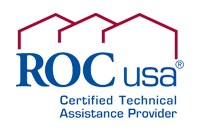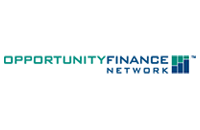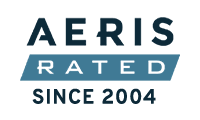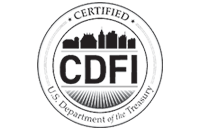
Infrastructure is the backbone of every ROC
By ROC-NH staff
More than any other asset of a resident-owned community, its infrastructure must be monitored and maintained.
A community is best positioned for success when its residents address its immediate and future infrastructure needs.
Every day, the ROC-NH team works with communities with varying needs. Some require organizational training. Others need financial skills. But perhaps the most-important guidance we provide is how to maintain their community’s infrastructure and plan for capital improvements.
Are these terms new to you?
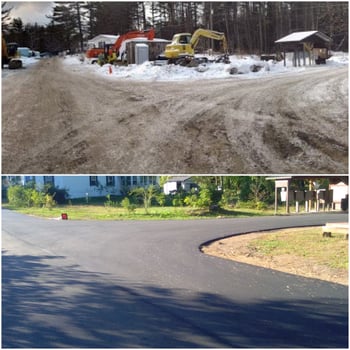 Infrastructure refers to the water, sewer, and electrical systems; as well as roads, drains, and culverts that are owned by the co-op and benefit all of its members.
Infrastructure refers to the water, sewer, and electrical systems; as well as roads, drains, and culverts that are owned by the co-op and benefit all of its members.
Capital improvements are planned—and often expensive—projects that repair or replace infrastructure. Communities pay for them with their savings, along with grants and, when needed, loans.
Infrastructure is the backbone of every community. And more than any other community asset, it must be monitored and maintained. Water lines supply fresh potable water; electrical utilities supply safe and reliable power; sewer lines carry waste from households; and roads, culverts, and drainage support safe travel through the community.
Many new resident-owned communities cope with the realities of aging, failing, or even failed, systems. Our ROC-NH team acknowledges this from day one. When we work with a community through the purchase phase, we look closely at the infrastructure and the repairs and upgrades that will be needed in the decades to follow. Using a property conditions report completed by an engineer, we can help you plan to preserve your most valuable community assets—your infrastructure.
Review plan annually
Communities should revise and update their Capital Improvement Plan (CIP) every year. This plan looks at infrastructure needs that are five, 10, and 20+ years away. A community that understands the remaining useful life of its systems can set aside money in preparation for repair or replacement.
If your community is in need of a capital improvement plan or would like to update an existing one, reach out to your ROC-NH representative and ask about our CIP training.
In addition to keeping your CIP updated, it’s important to create maintenance schedules and assignments for systems that need regular attention. By discussing all the maintenance needed and developing a plan, the community can best address all of the needs of its systems.
Grants, loans may be available
When it comes time for major projects, ROC-NH has successfully guided many communities through applications for low-interest-rate infrastructure loans and grants from the N.H. Dept. of Environmental Services (DES), the Community Development Finance Authority (CDFA), and the U.S. Dept. of Agriculture (USDA). Consult your ROC-NH representative to determine what funding could be available for your community.
Those communities that focus on creating or updating a capital improvement plan, and developing robust maintenance plans, are on a path toward success.
ROC-NH™ is a program of the New Hampshire Community Loan Fund, Inc. and a ROC USA® Certified Technical Assistance Provider.
ROC-NH is a registered service mark of ROC USA, LLC.





